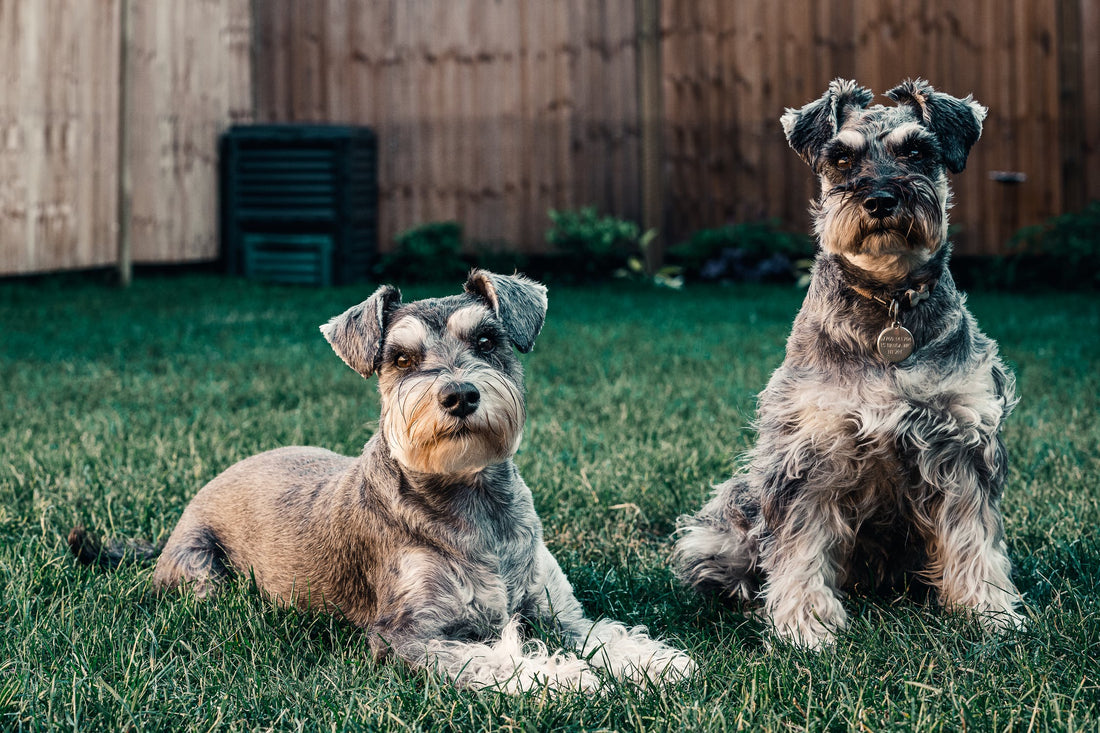SHE got the last gravy bone, huh? Recent research suggests that, contrary to perceived wisdom, domesticated dogs and wild wolves share a strong quality of injustice and are not prepared to play ball over it. One for me, one for youThe traditional thinking surrounding equality in canine behaviour was that domesticated dogs had learnt their sense of fairness from their human masters. However, research conducted in shows the opposite to be true; that close, loyal relationships with humans can make the domesticated dog more tolerant of inequality. The study consisted of two dogs and wolves in adjoining cages undertaking food experiments, with a reward should they successfully press a buzzer. However, as scientist Jennifer Essler of the University of Vienna explains, the food rewards were unequal; with researchers giving a higher-quality reward to one dog/wolf and a lesser-quality reward to the other. The dogs and wolves soon worked out the inequality and rather than becoming emotionally distressed, they just downed tools and stopped participating in the test. Don't you know who I am?According to the 2014 research of the, canine and wolf hierarchies are key elements of inequality; as demonstrated by higher-ranked dogs and wolves stopping the experiment faster than their subordinates, once they spotted no reward would be forthcoming. There were no audible sounds of displeasure, no stroppy behaviour, just a pointed refusal to continue with the experiment. Some canines would casually quit and go and lie down in their cage. The study also proposes that the dogs and wolves of superior 'rank' in each pack get frustrated at a faster rate than their lower-ranked counterparts in this experiment. This confirms the canine hierarchy (dogs and wolves) share the evolutionary trait of equality. Hello is it equality you're looking for?However, when the dogs and wolves were tested alone, they continued to press the buzzer when asked to, even when no food was given as a reward. Therefore, this shows that in previous tests together, their reason for stopping was not due the absence of a food reward but that another dog or wolf was getting more food than . Wolves stopped participating before the dogs; this is thought to be as dogs are used to wanting to please their owner and put up with more injustice, before finally quitting. The falloutThe behaviour of the dogs and wolves after the experiment was interesting; partnered canines spent less time together than beforehand. Even more dramatically, the dogs did not want to go anywhere their trainer, after falling foul of the injustice. The overall conclusion reached by the researchers was that the sense of fairness seen in the dogs was not as a result of domestication but were carried down the bloodline from their wolf relatives.

